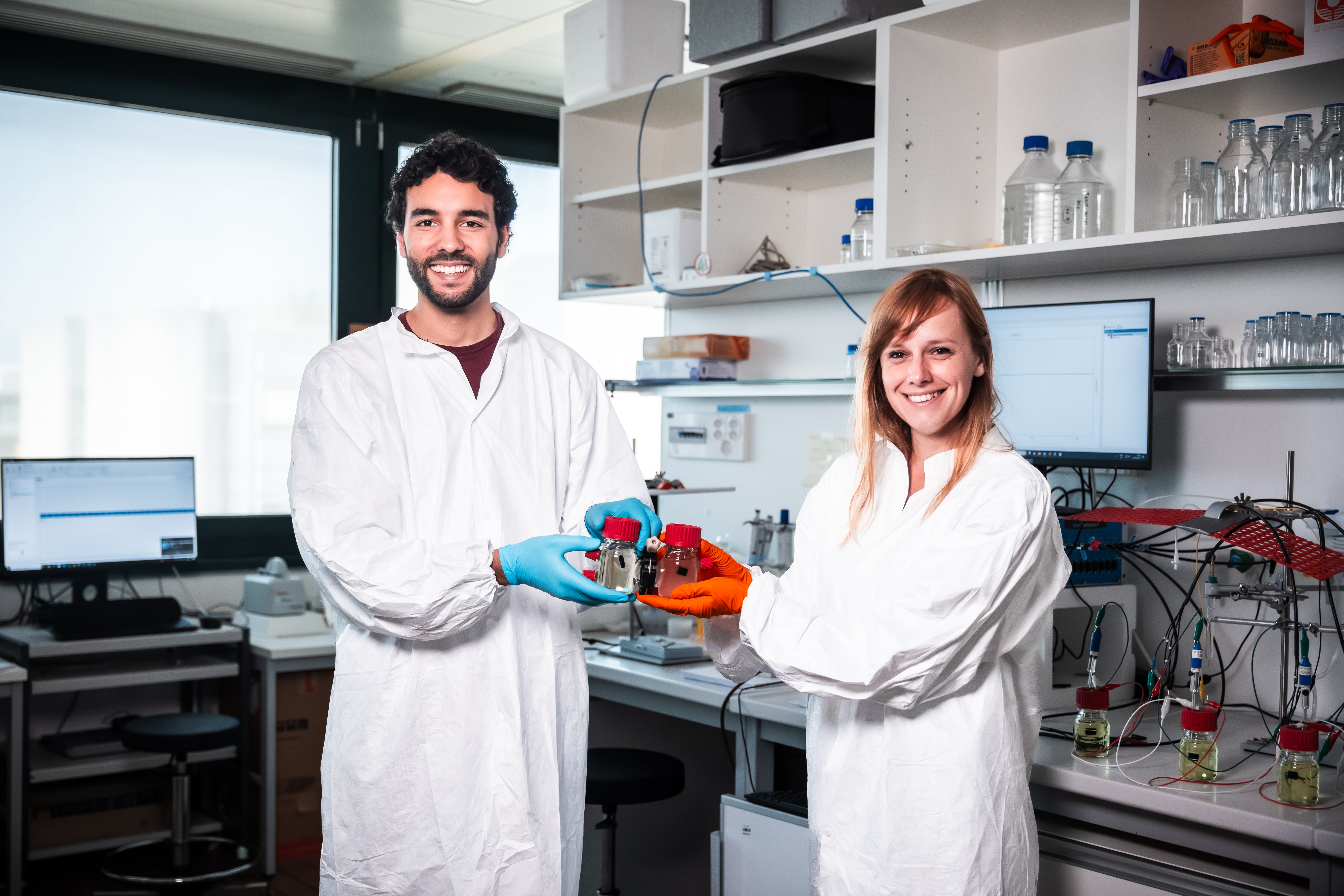Breakthrough as scientists generate electricity from deadly bacteria
It could revolutionise waste management and energy production

Your support helps us to tell the story
From reproductive rights to climate change to Big Tech, The Independent is on the ground when the story is developing. Whether it's investigating the financials of Elon Musk's pro-Trump PAC or producing our latest documentary, 'The A Word', which shines a light on the American women fighting for reproductive rights, we know how important it is to parse out the facts from the messaging.
At such a critical moment in US history, we need reporters on the ground. Your donation allows us to keep sending journalists to speak to both sides of the story.
The Independent is trusted by Americans across the entire political spectrum. And unlike many other quality news outlets, we choose not to lock Americans out of our reporting and analysis with paywalls. We believe quality journalism should be available to everyone, paid for by those who can afford it.
Your support makes all the difference.Scientists have managed to generate electricity from the deadly E. coli bacteria in a ‘groundbreaking’ breakthrough.
And the finding could revolutionise both waste management and energy production.
Bioelectronic experts from the Ecole Polytechnique Federale de Lausanne (EPFL) have managed to engineer the bacteria to produce electricity in a variety of settings.
The team used a process known as extracellular electron transfer (EET) to engineer the bacteria to make them highly efficient electric microbes.
This led to a three-fold increase in electrical current generation compared to conventional strategies.
According to the study published in the journal Joule, the researchers were able to create a complete EET pathway within E. coli, a feat not achieved before.
Professor Ardemis Boghossian at EPFL said: “We engineered E. coli bacteria, the most widely studied microbe, to generate electricity.
“Though there are exotic microbes that naturally produce electricity, they can only do so in the presence of specific chemicals.
“E. coli can grow on a wide range of sources, which allowed us to produce electricity in a wide range of environments, including from wastewater.”
Unlike previous methods, the bioengineered E. coli can produce electricity while metabolising a variety of organic substrates.
By integrating components from Shewanella oneidensis MR-1, a bacterium famous for generating electricity, the researchers successfully constructed a pathway that spans the inner and outer membranes of the cell.
The engineered E. coli was even tested in brewery wastewater where, unlike similar electric microbes, it thrived.
They believe this shows its potential for large-scale waste treatment and energy production.
Prof Boghossian said: “Instead of putting energy into the system to process organic waste, we are producing electricity while processing organic waste at the same time, hitting two birds with one stone.
“We even tested our technology directly on wastewater that we collected from Les Brasseurs, a local brewery in Lausanne.
“The exotic electric microbes weren’t even able to survive, whereas our bioengineered electric bacteria were able to flourish exponentially by feeding off this waste.”
The implications of the study extend beyond waste treatment.
They believe that the engineered E. coli can be used in microbial fuel cells, electrosynthesis, and biosensing.
The bacterium’s genetic flexibility means that it can be tailored to adapt to specific environments and feedstocks, making it a versatile tool for sustainable technology development.
Lead author and doctoral assistant Mohammed Mouhib, added: “Our work is quite timely, as engineered bioelectric microbes are pushing the boundaries in more and more real-world applications.
“We have set a new record compared to the previous state-of-the-art, which relied only on a partial pathway, and compared to the microbe that was used in one of the biggest papers recently published in the field.
“With all the current research efforts in the field, we are excited about the future of bioelectric bacteria, and can’t wait for us and others to push this technology into new scales.”



Join our commenting forum
Join thought-provoking conversations, follow other Independent readers and see their replies
0Comments